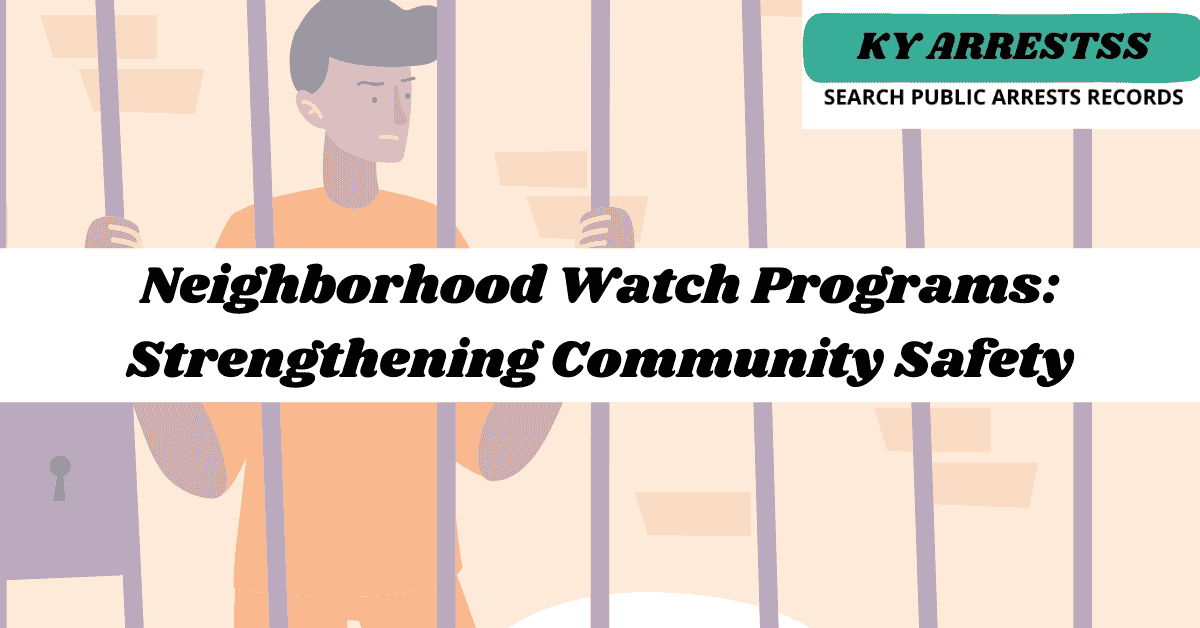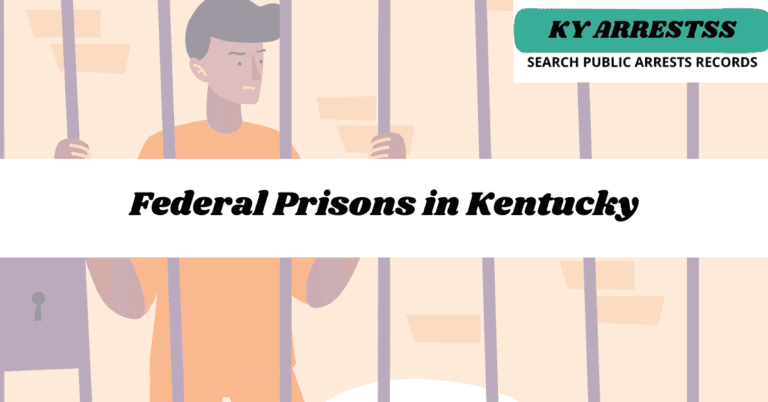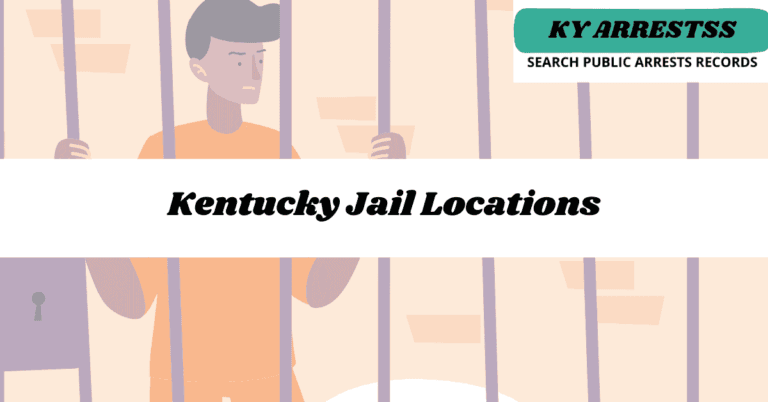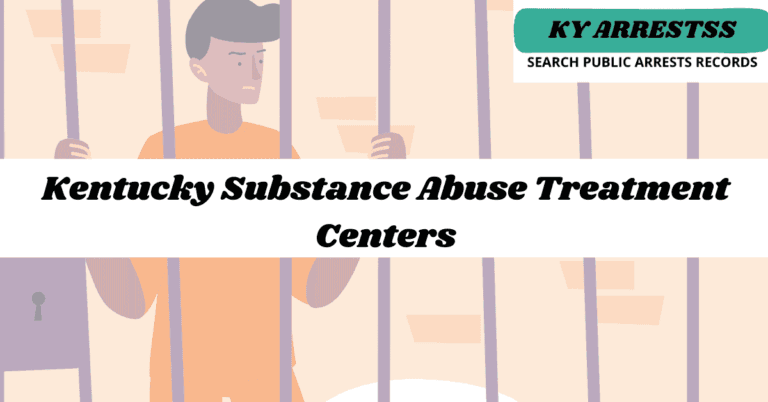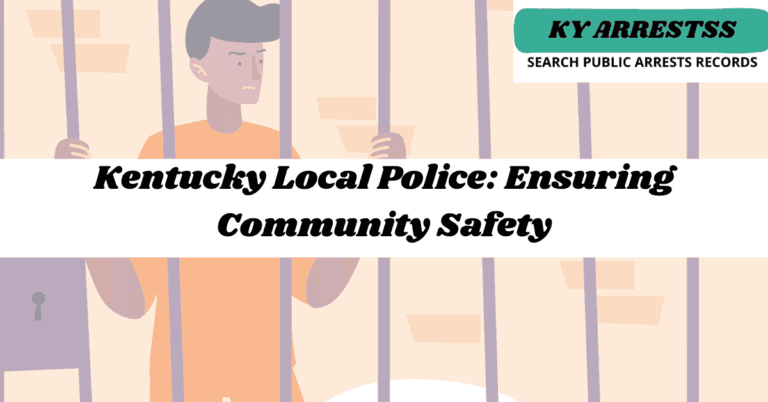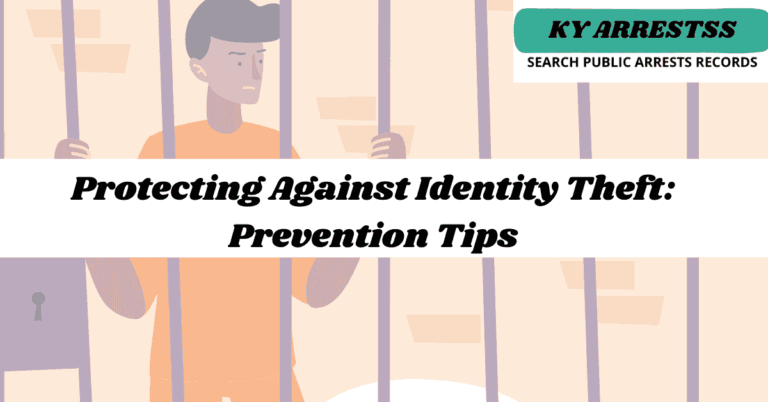Neighborhood Watch Programs: Strengthening Community Safety
In today’s world, where safety concerns can often dominate our thoughts, the concept of community becomes even more crucial. One powerful tool in the arsenal of community safety initiatives is the Neighborhood Watch Program. These programs, rooted in the collective efforts of residents, law enforcement, and local authorities, play a pivotal role in creating safer neighborhoods and fostering a sense of unity among residents.
History of Neighborhood Watch Programs
Neighborhood Watch Programs have a rich history, dating back to the late 1960s in the United States. Their inception was a response to rising crime rates and a desire among citizens to take proactive measures to protect their communities. Since then, these programs have evolved significantly, adapting to the changing dynamics of society and technology.
Benefits of Neighborhood Watch Programs
The benefits of Neighborhood Watch Programs are manifold. Firstly, they serve as a deterrent to crime by increasing surveillance and visibility in neighborhoods. Additionally, they strengthen the bonds between residents, fostering a sense of belonging and solidarity. Moreover, Neighborhood Watch Programs empower individuals to take ownership of their community’s safety, instilling a sense of pride and responsibility.
How Neighborhood Watch Programs Work
Neighborhood Watch Programs typically operate through a structured framework. Residents come together to form a watch group, which collaborates closely with local law enforcement agencies. Participants are trained to recognize and report suspicious activities, and they work in tandem with authorities to address safety concerns effectively.
Steps to Establish a Neighborhood Watch Program
Establishing a Neighborhood Watch Program involves several key steps. Firstly, interested residents must mobilize their community and garner support for the initiative. This often entails reaching out to neighbors, organizing informational meetings, and recruiting volunteers. Once the groundwork is laid, establishing communication channels, such as newsletters or online forums, is essential for keeping participants informed and engaged.
Training and Education
Training sessions play a crucial role in equipping Neighborhood Watch participants with the knowledge and skills needed to fulfill their roles effectively. These sessions cover a range of topics, including crime prevention strategies, emergency response protocols, and communication techniques. Additionally, participants are provided with resources and materials to support their efforts in maintaining community safety.
Effective Strategies for Neighborhood Watch Programs
Neighborhood Watch Programs employ a variety of strategies to enhance community safety. Regular patrols help deter criminal activity and provide a visible presence in the neighborhood. Hosting community events, such as block parties or safety fairs, fosters connections among residents and strengthens community cohesion. Furthermore, the integration of technology, such as surveillance cameras or neighborhood alert systems, can augment the effectiveness of these programs.
Success Stories
Numerous success stories attest to the efficacy of Neighborhood Watch Programs in reducing crime and improving neighborhood safety. In communities across the globe, these programs have led to significant decreases in criminal activity and enhanced the quality of life for residents. From urban neighborhoods to rural communities, the impact of Neighborhood Watch Programs is tangible and far-reaching.
Challenges and Solutions
Despite their many benefits, Neighborhood Watch Programs face challenges that must be addressed to ensure their effectiveness. Overcoming skepticism and apathy among residents can be a hurdle in mobilizing communities to participate. Moreover, sustaining momentum and engagement over the long term requires ongoing effort and creativity. By implementing targeted outreach strategies and fostering a culture of collaboration, these challenges can be overcome.
Collaboration with Law Enforcement
Collaboration between Neighborhood Watch Programs and law enforcement agencies is essential for maximizing their impact. By working together, residents and authorities can share information, coordinate responses to incidents, and develop proactive strategies for crime prevention. This partnership fosters mutual trust and respect, laying the foundation for a safer and more resilient community.
Measuring Success
Measuring the success of Neighborhood Watch Programs involves tracking key metrics, such as crime rates, community engagement levels, and response times to incidents. By collecting and analyzing data, program organizers can evaluate their effectiveness and identify areas for improvement. Additionally, soliciting feedback from participants and community members helps ensure that the program remains responsive to evolving needs and priorities.
Expanding Reach and Impact
To maximize their reach and impact, Neighborhood Watch Programs must strive to be inclusive and accessible to all members of the community. This includes reaching out to marginalized or underserved populations and tailoring programmatic efforts to meet their specific needs. By embracing diversity and fostering a culture of inclusivity, these programs can strengthen community bonds and enhance overall safety.
The Future of Neighborhood Watch Programs
As we look to the future, Neighborhood Watch Programs must adapt to meet the evolving challenges of our increasingly interconnected world. This includes harnessing the power of technology to enhance communication and coordination among participants. Additionally, embracing innovative approaches to community safety, such as community policing initiatives and restorative justice practices, can further enhance the efficacy of these programs.
FAQs
What is the role of law enforcement in Neighborhood Watch Programs?
Law enforcement agencies play a crucial role in Neighborhood Watch Programs by providing guidance, support, and resources to participants. While residents take the lead in organizing and implementing watch activities, law enforcement officers often collaborate closely with watch groups, offering training, conducting patrols, and coordinating responses to incidents. This partnership helps maximize the effectiveness of Neighborhood Watch Programs and fosters positive relationships between residents and law enforcement.
How can I start a Neighborhood Watch Program in my community?
To initiate a Neighborhood Watch Program in your community, start by contacting your local law enforcement agency to express your interest. They can offer guidance and resources to assist you in organizing meetings, recruiting participants, and establishing effective communication channels. Collaborating with law enforcement ensures the program’s effectiveness and fosters a safer community through proactive crime prevention efforts.
What activities can be organized under a Neighborhood Watch Program?
A Neighborhood Watch Program can coordinate diverse activities aimed at bolstering community safety. These may include regular meetings to deliberate on crime prevention strategies, conducting home security assessments, organizing neighborhood patrols, hosting educational workshops on personal safety, and fostering collaboration with local law enforcement for training sessions. By engaging in these initiatives, the program empowers residents to take an active role in enhancing security and fostering a sense of solidarity within the community.
How can I encourage participation in a Neighborhood Watch Program?
To foster participation in a Neighborhood Watch Program, utilize various promotional avenues such as flyers, social media platforms, and community bulletin boards. Additionally, consider hosting neighborhood events like block parties or safety fairs to engage residents and heighten awareness about the program. These initiatives not only promote community involvement but also create opportunities for meaningful interaction, ultimately strengthening the fabric of the neighborhood and enhancing its safety.
Conclusion
Neighborhood Watch Programs play a vital role in strengthening community safety and fostering a sense of unity among residents. By empowering individuals to take an active role in protecting their neighborhoods and building partnerships with law enforcement agencies, these programs contribute to safer, more resilient communities. As we continue to confront the complex challenges of the modern world, Neighborhood Watch Programs stand as a beacon of hope, demonstrating the power of collective action in creating a safer tomorrow.

